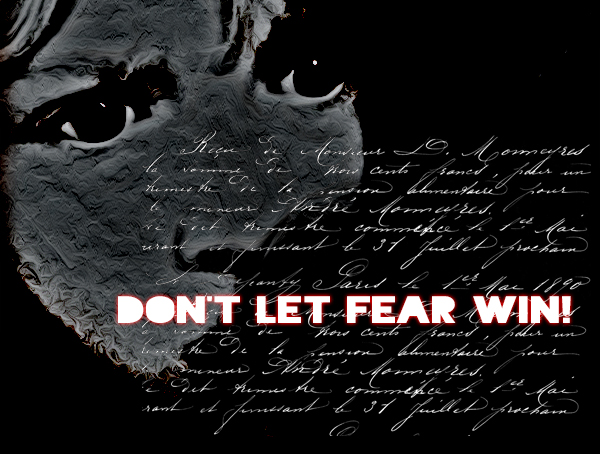I’ve been away from blogging for a while so I sat down and, feeling rusty, thought about the characteristics of a good blog post. What do I look for as a reader? In the past, what advice has worked for me?
Of course, everyone’s different. The advice that works for
me may not work for you; different strokes and all that. My hope is only that what
I’ve written will help you discover something useful.
Perhaps you’ve heard this advice before:
First, tell the reader what you are going to say.
Second, say it.
Third, tell the reader what you said.
Simple, yes, but it can help one craft short, clear and
engaging pieces of prose.
Part One: Tell the reader what you’re going to say
When I write, the first thing that comes to me is usually the
post’s title. At the moment, a post about podcasting is rattling around my
head, begging to be written. I’m going to call it something like: Why Every Blogger Should Have a Podcast. One
thing I love about the title is that it contains the subject of the post.
In this imaginary blog post I’d probably say something like
this in the first paragraph:
I think every blogger should also be a podcaster because having a podcast can, first, introduce one’s work to more readers, second, introduce one’s work to different readers and, perhaps most importantly, earn money. Maybe, in the beginning, it would only earn enough to cover the cost of the podcast, but plenty of podcasters who stuck with it earn their livings from podcasting.
There we have a statement of the subject of the post and,
what’s more, the hook is clear: Podcasting can help you put your work in front
of more readers and earn you some money while you’re at it.
Part Two: Say it
In some sense -- even though this is where the bulk of the
work is done -- this is the easiest bit. You know what you want to say; now all
you have to do is say it.
In my example, I have three points:
Every blogger should be a podcaster because …
A. It can introduce your work to more people, (expand your
audience)
B. It can introduce your work to different kinds of people,
(expand into a different audience)
C. It can help you become profitable.
All I have to do is expand these points. I could give
examples from my own experience, talk about the experiences of others, talk a bit
about strategies (successful and otherwise) others have used, and so on.
Part Three: Summarize
Summaries can feel stilted. After all, you’ve told people
what you were going to tell them, and then you told them … do you really need to tell them (again!) what
you just told them?
The short answer: No. Especially if the post is short, an
explicit summary can be redundant.
In a longer post try making the summary short and breezy. A conclusion that focuses on one strong point – or an action item – can help bring the entire
article into focus.
A Tip: Be Informal
Imagine you’re chatting with someone over a cup of joe at your
favorite watering hole. If you wouldn’t use formal phrases like, “In relation
to …” or “please be advised that …” in conversation then don’t use them in the
article. That’s what seems to work for me, at least.
Two More Tips
Future me: A few years have passed since I wrote this blog post, and I want to leave two more pieces of advice: pay attention to what interests you and be honest.
1. Pay attention. If you're just starting out and you're not sure what to blog about, write about anything. BUT as you're writing pay attention to what interests you. What catches your attention? What do you like thinking about? What blog posts are you especially proud of? If you do this not only will your blog evolve to be about an area that interests you, but you will also discover something about yourself.
2. Be honest. First of all be honest with yourself about what you enjoy writing about, about what catches your attention, about what sparks your interest. When you have downtime what do you enjoy reading? What do you enjoy writing? Also, be honest with your readers. You don't have to give your readers ALL your opinions, but never lie. Never publish a sentence that you don't believe just because it's convenient or because it may well be the best sentence you've ever written! As Stephen King has said so many times, we must sacrifice our darlings.
An Apology
You have my deepest apologies for letting this blog lay
inactive so long. There's a story behind it (isn't there always?). For now let me
just say: Life happened. Life happened in the same way it happens to a melon when
dropped off the 52nd story of a skyscraper. That’s an exaggeration, of course! I’m fine
now, duct tape does wonders.
My new blogging schedule: I will post something every Monday
and Thursday.
Are there any topics that especially interest you? If so,
let me know! Leave a comment or drop me a note on Twitter (@woodwardkaren).
Talk to you Thursday, and good writing!
Where you can find me on the web:
Twitter: @WoodwardKaren
Pinterest: @karenjwoodward
Instagram: @KarenWoodwardWriter
YouTube: The Writer's Craft










